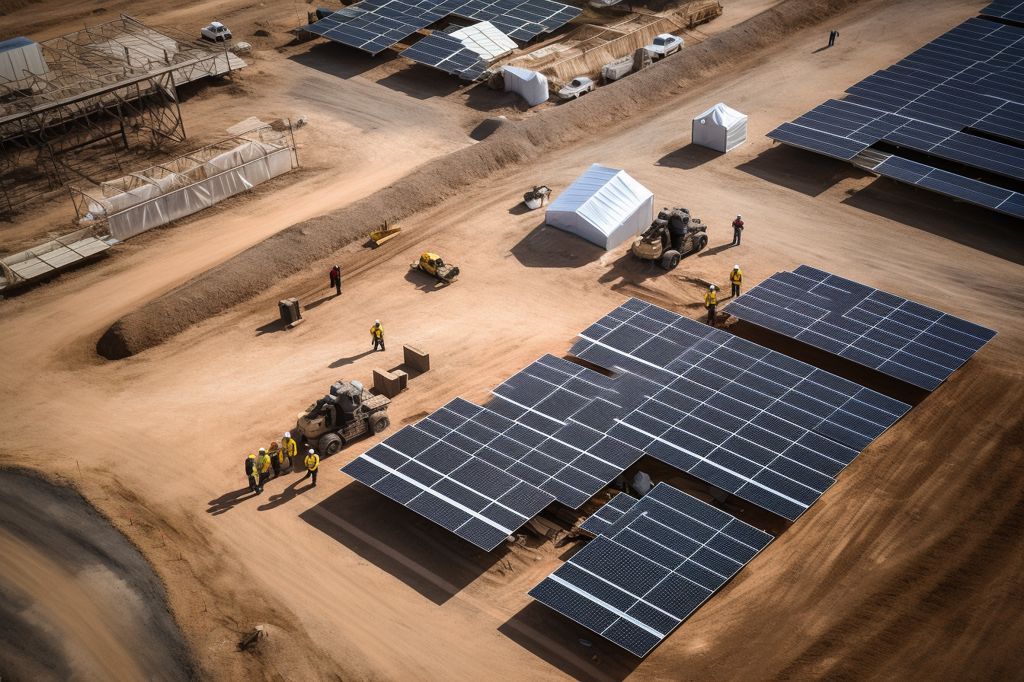At the recent G20 Leaders’ Summit, South African President Cyril Ramaphosa delivered a speech on the importance of global collaboration and solidarity to address the challenges posed by climate change. Ramaphosa highlighted the unique opportunity presented by the post-COVID-19 reconstruction to accelerate the transition to sustainable societies.
Developing Economies and Climate Change
Developing economies, particularly African countries, bear the brunt of climate change, despite carrying the least responsibility for the crisis. These countries face significant developmental challenges, such as poverty, inequality, and unemployment, while also striving to meet their climate commitments.
Ramaphosa emphasized that climate change, environmental degradation, unsustainable consumption and production, and resource scarcity are issues that require collective action and solidarity. He called for an enhanced and expanded Global Partnership for Sustainable Development, supported by concrete policies and actions outlined in the Addis Ababa Action Agenda on Financing for Development.
Financial Support for Sustainable Development
Access to adequate and predictable financial resources from a variety of public and private sources is critical to achieving the Sustainable Development Goals (SDGs). Ramaphosa urged development partners to both meet their existing commitments and upscale Official Development Assistance (ODA).
He also stressed the need for development partners to fulfill their commitments to capacity building and infrastructure development in low- and middle-income countries. The conspicuous spending on weapons of war instead of addressing developmental challenges has not gone unnoticed by ordinary people worldwide.
Collective Response to Climate Change
Climate change affects every country, making it essential to respond collectively, decisively, and urgently to this existential crisis. Industrialized countries, carrying the most significant responsibility for climate change, must support sustainable development in developing economies. The vision of People, Planet, and Prosperity can only be realized by meeting respective commitments and responsibilities, creating a more equitable, resilient, and sustainable world.
International Cooperation and Solidarity
President Ramaphosa’s address at the G20 Leaders’ Summit exemplifies the need for international collaboration and solidarity to overcome the challenges posed by climate change. The focus on sustainable development, financial support, and capacity building in developing economies demonstrates the necessity of aligning global efforts and resources to create a sustainable and equitable future for all.
The acceptance of the African Union as a member of the G20 marks a critical step towards fostering greater international cooperation and addressing the unique challenges faced by African nations due to climate change. The G20’s commitment to supporting developing economies will play a significant role in transitioning to low-carbon and climate-resilient societies.
In conclusion, President Cyril Ramaphosa’s address at the G20 Leaders’ Summit serves as a powerful reminder of the need for global unity and solidarity in the face of climate change. The importance of supporting developing economies in their pursuit of sustainable development is crucial in forging a more equitable, resilient, and sustainable world for future generations.








